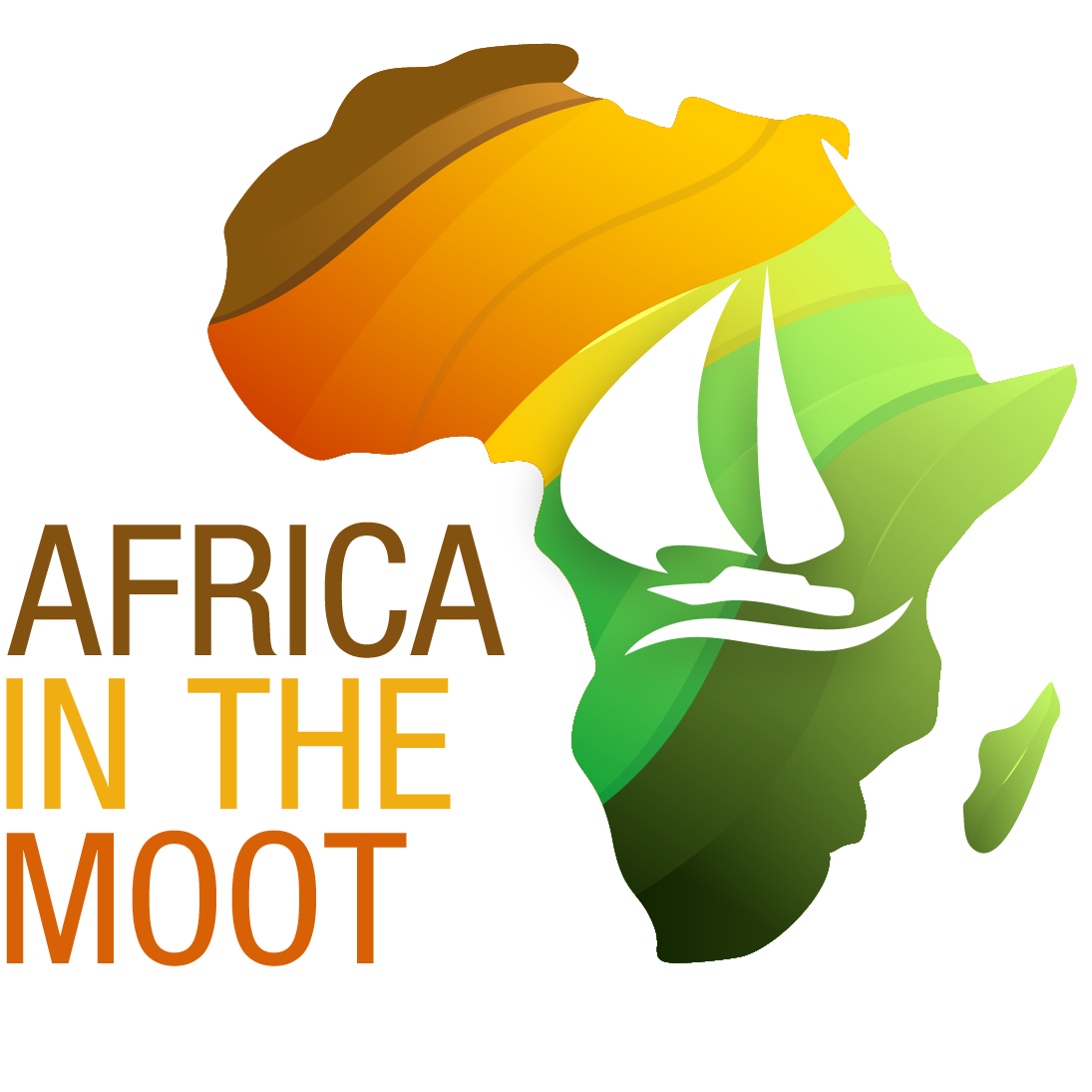Making mooting more international: DLS builds ties with ‘Africa in the Moot’
Traditionally, universities from sub-Saharan Africa have been under-represented in international mooting competitions, but that’s changing thanks to a new initiative that Deakin Law School (DLS) is proud to support.
For the first time, law students from six African universities competed in the 2021 Alfred Deakin International Commercial Arbitration (ICA) Moot, marking an important milestone for sub-Saharan universities on the international mooting stage.
The link between DLS and the newly-founded Africa in the Moot initiative was forged when Deakin student Chloe Dijkmans – a competitor in the prestigious 2020/21 Vis Moot – connected with Munich-based lawyer Michael Wietzorek, one of the initiative’s founding directors and coach of the first-ever Vis Moot team from University Eduardo Mondlane in Maputo, Mozambique.
A practice pleading organised by Chloe and Michael between team Deakin and team Maputo further strengthened connections with DLS and an invitation was extended for Africa in the Moot to join the 2021 Alfred Deakin ICA Moot.
As a longstanding coach and arbitrator with Vis Moot, Michael was familiar with DLS and viewed the Deakin moot as a friendly way to help the African teams gain more exposure to international competitions.
‘So we signed up a total of eight teams - Strathmore University (Nairobi, Kenya), University of Nairobi, Mzumbe University (Tanzania), University of Dar es Salaam, National University of Lesotho, and University Eduardo Mondlane (Maputo, Mozambique), with the latter two sending two teams each,’ he says.
DLS Partnerships Coordinator Linda Black says the participation of Africa in the Moot, which was supported by Deakin, was important because it helped take the Alfred Deakin ICA Moot to a broader international platform.
'By becoming more international, the moot becomes a more valuable and more realistic, training ground for all participants. No matter where they’re located, teams must work to solve the same problem, bringing to it their different training and mindset. The African teams performed very well, including one – Strathmore University, Kenya – that made it to the quarter final. Senior arbitrators were very impressed with the high quality and skills of the competitors,’ she says.
Irene Muhoro from Strathmore University (Kenya) won the award for Best Oralist in the general rounds with two teams from the National University of Lesotho making it through to round 16 with one of these teams winning an honourable mention for the memorandum for respondent.
Michael says that one of the aims of Africa in the Moot is to enable more African students to showcase their talent by participating in international exchanges that focus on arbitration and the laws that govern contracts for the international sale of goods.
‘Our goal is to help with the education of future thought leaders in international commerce … the support given by Africa in the Moot is always tailor-made and responds to each individual university’s needs and one area of support is coaching. We work with a large network of coaches from different legal backgrounds and at different stages in their careers. All coaches pledge to dedicate their time to support African teams – sometimes remotely, sometimes on the ground. By bringing in coaches from outside each African jurisdiction and cooperation with coaches from the jurisdiction itself, the coaching also becomes an experience of cultural and legal exchange for everyone involved,’ he explains.
Now in her fourth year of a Bachelor of Laws/Bachelor of Criminology at Deakin, Chloe participated in her first moot at the 2020 Baker McKenzie National Women’s Moot before selection for the 2020/2021 Deakin Vis Moot team.
After co-coaching the National University of Lesotho teams at the Alfred Deakin ICA Moot, she is now preparing with Michael to coach the first-ever Vis Moot team from Rwanda.
She says mooting competitions provide a unique opportunity for law students to apply textbook knowledge to a hypothetical, real-world legal dispute.
‘It’s a highly-valuable experience in drafting a legal memorandum from complex legal issues and, most importantly, developing oral advocacy skills. It also provides many networking opportunities. My plan is to stay involved with Africa in the Moot after graduation – I’d like to coach more teams at future Deakin and Vis Moot events as well as any other competitions that involve Africa in the Moot.’
Originally published by Deakin University.
